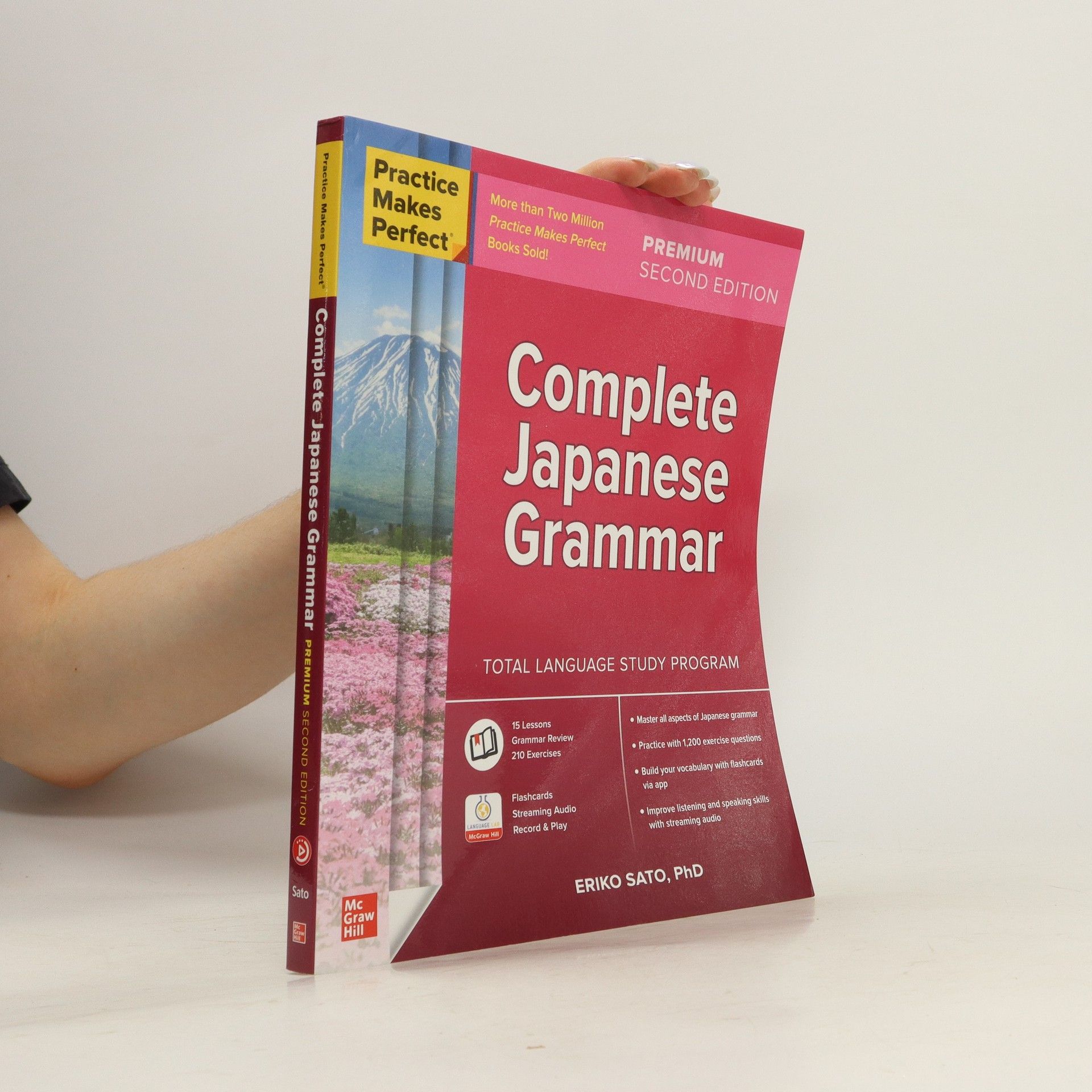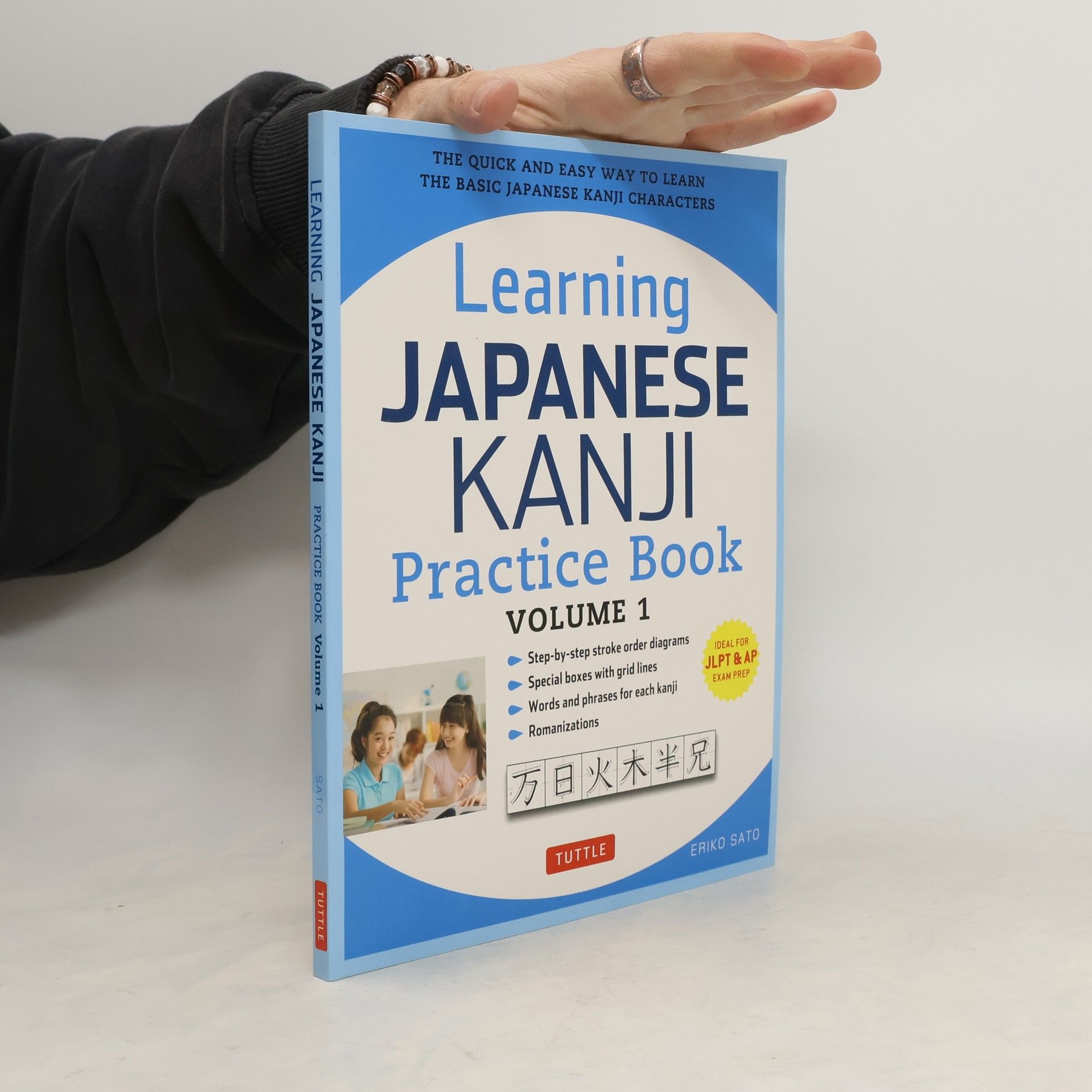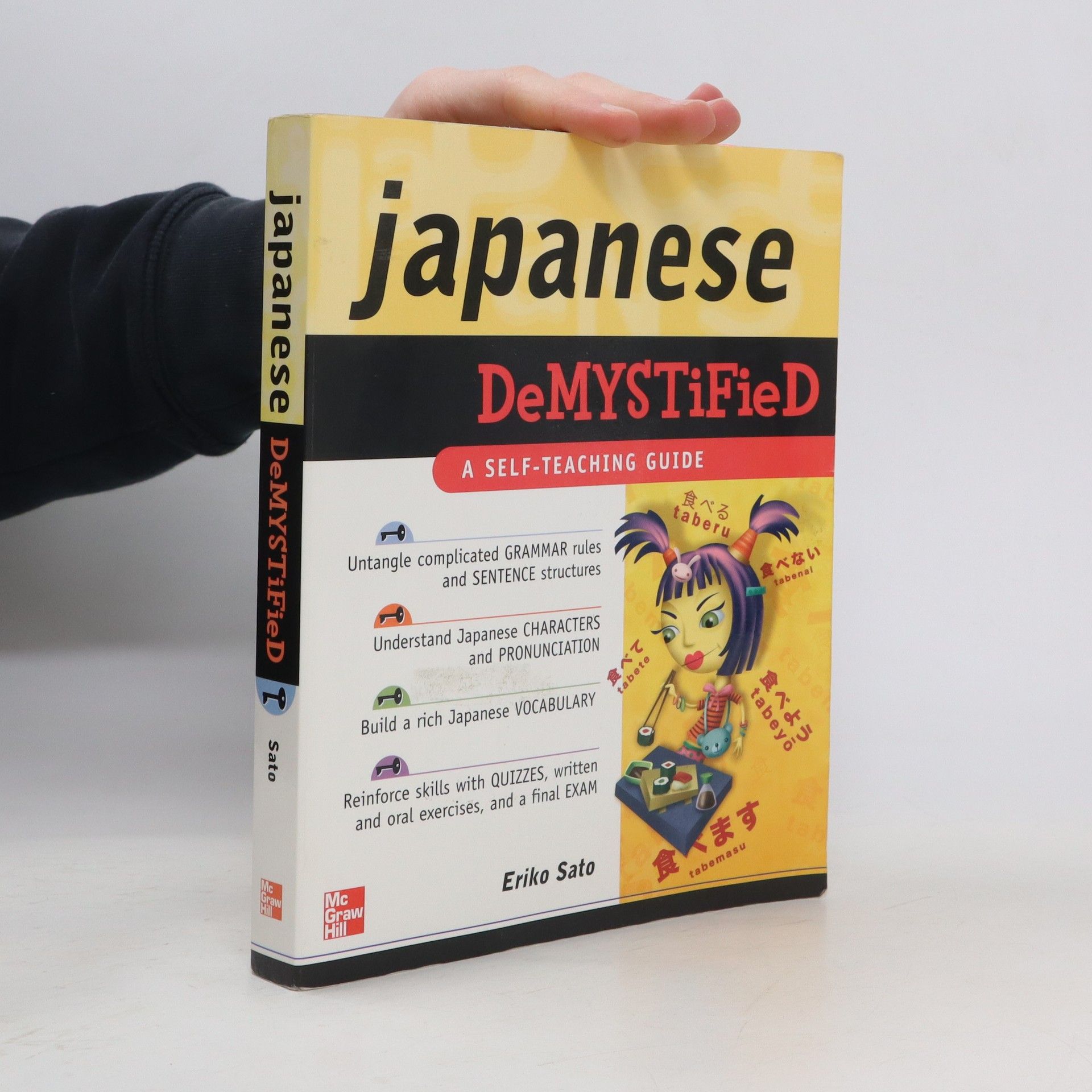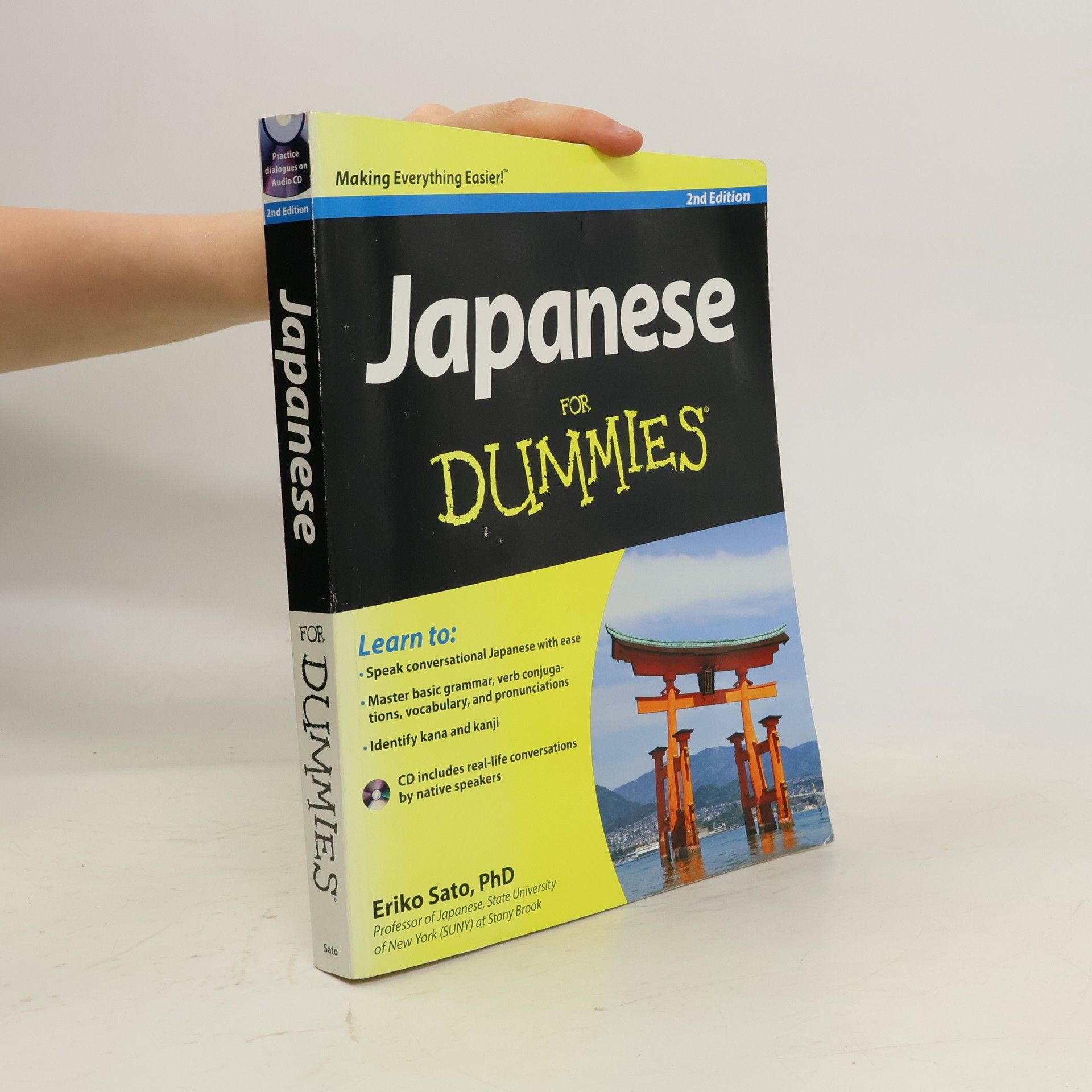My First Japanese Kanji Book
Learning Kanji the Fun and Easy Way! (Audio Included)
- 64bladzijden
- 3 uur lezen
This engaging introduction to kanji for children features 109 characters, focusing on first-grade level kanji along with select second to sixth-grade characters. It combines colorful illustrations and poems by 14-year-old Anna Sato, providing a creative context for learning. Each character includes furigana, stroke-order diagrams, and vocabulary examples, along with spaces for writing practice. Ideal for self-study or as a supplement in language schools, the book also offers companion audio to enhance pronunciation. Access to additional media content is available online.





